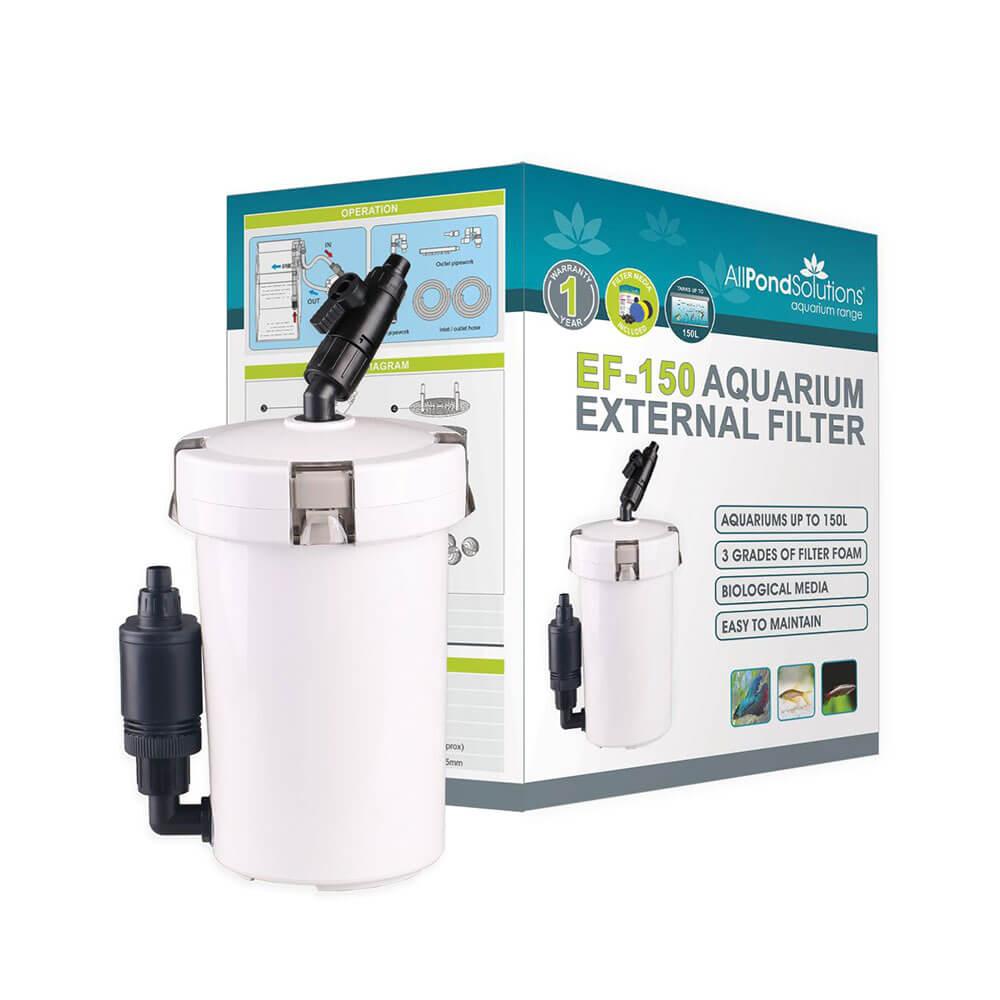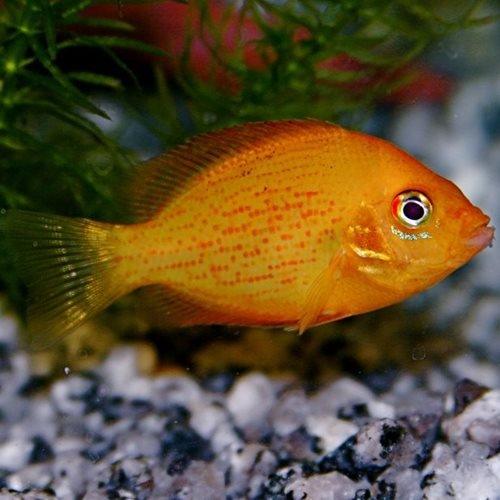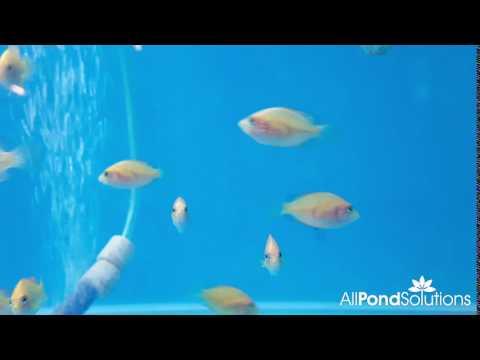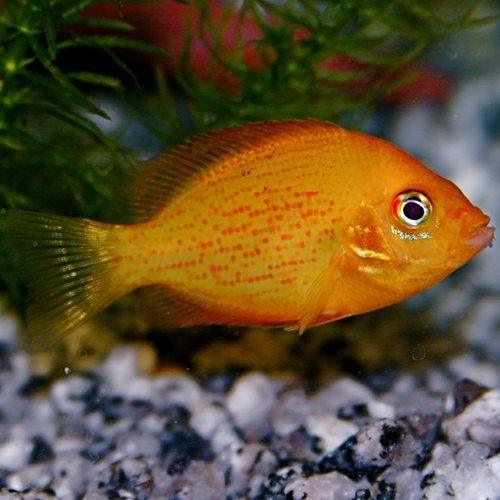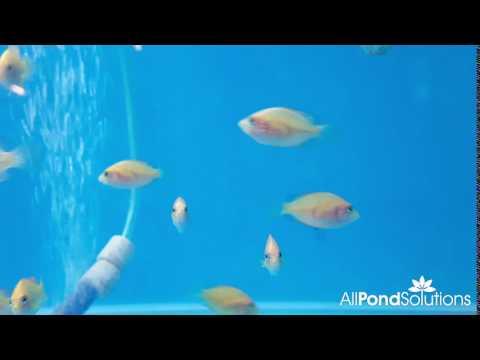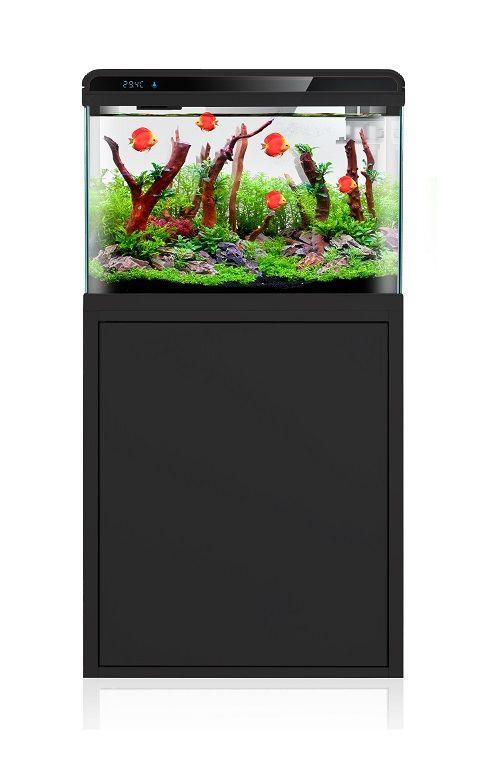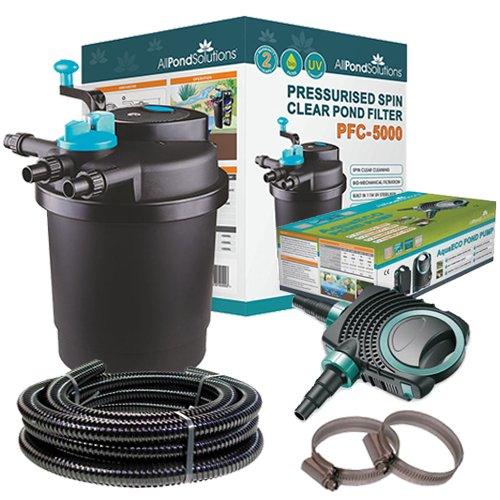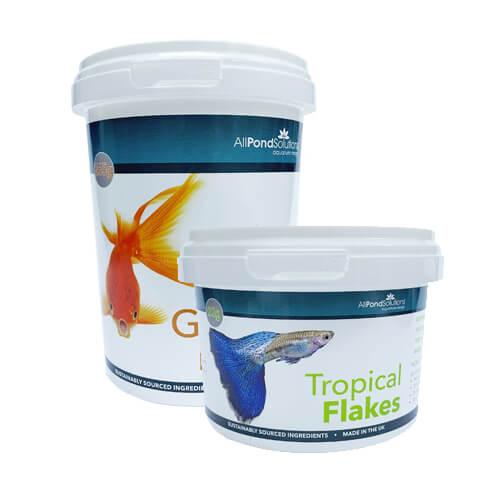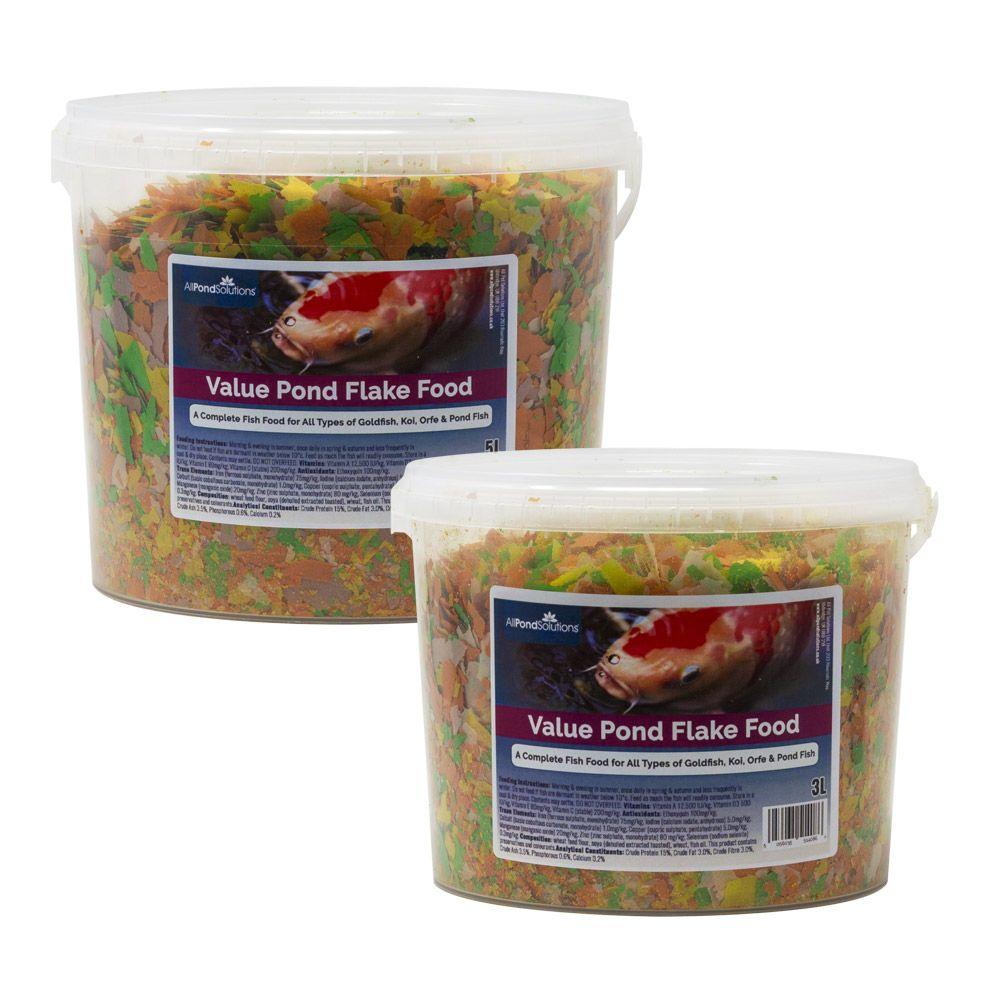Scientific Name: Etroplus maculatus
Please note – The image used above is for illustration purposes only; Size, colour and sex may vary. Many of our livestock species are sold as juveniles and have not yet reached their full size and colour potential. If you have any concerns about the size or colour of the livestock you wish to order, please contact our livestock team via our support centre before placing your order. Due to the large quantities of livestock orders daily, the livestock team will are unable to select fish / shrimp to meet specific gender or aesthetic needs.
Approximate purchase size : 3.5 - 5cm
All Pond Solutions will always endeavour to supply as close to the approximate size range as possible. Due to variations from suppliers on rare occasions this may not always be possible. Images used are to show the full potential of the fish when fully mature and are not always representative of juvenile specimens.
How easy are they to care for?
We would class the Orange Chromide as an easy level of care.
How large can they grow?
8cm
Where in the world are they from?
From French Guiana, Suriname and Venezuela
What is the ideal number to keep together?
A very peaceful cichlid and can be kept in groups
What water conditions do they require?
Ideal pH ranges are 7.0 - 8.5 but can be kept in waters as low as 5.0pH. Temperature ranges should be 24 - 26 degrees.
What should you feed them?
Will happily accept a variety of flakes, pellets, frozen and live foods.
How compatible are they with other fish?
Usually very peaceful and will not predate on any except the smallest species
Can they be bred in captivity?
Yes, levels of aggresion may rise when breeding so take care with tankmates if breeding is the goal. Use shoals of open water fish to create a presence of safety as an isolated tank may make them overly cautious and shy. Given these conditions breeding should occur naturally and without too much trouble in an adult pair.
